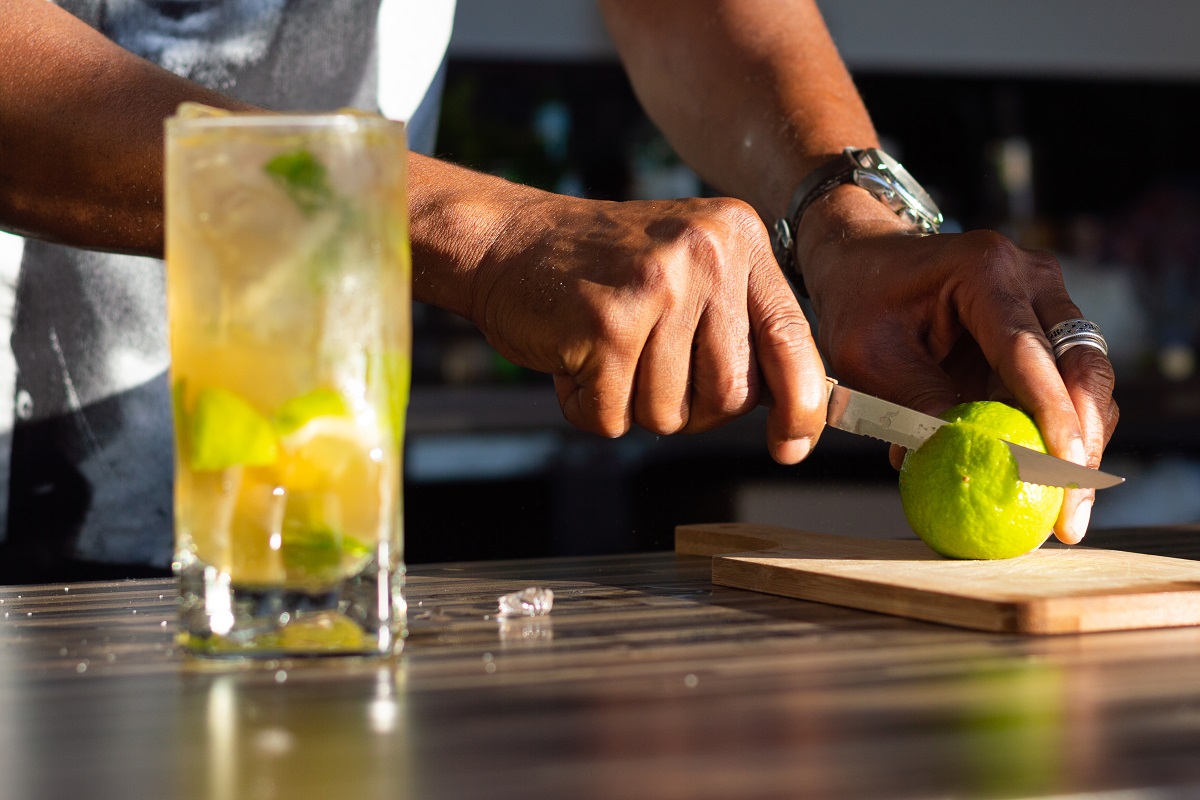A new report utilising leading alcohol market analysts IWSR’s innovation tracking data has highlighted new cues of super-premium pricing, packaging with less plastic, fewer direct health claims and greater diversity of alcohol content, are driving RTD product launches and innovation.
The data comes from the key global RTD markets of Australia, Brazil, Canada, China, Germany, Japan, Mexico, South Africa, the UK and the US, which represent 85 per cent of the world’s RTD consumption.
Brandy Rand, COO Americas at IWSR, said: “The ability to respond to consumer needs goes some way to explaining the rapid rise of RTDs. The category is growing quickly in countries like China, Canada and the US, which is the world’s largest RTD market.”
Sustainability and being environmentally friendly are becoming increasingly important consumer trends with IWSR research showing that 44 per cent of alcohol drinkers feel that their purchasing decisions are positively influenced by businesses with an active environmental or sustainability agenda.
This is reflected in the RTD market with the number of RTD products using plastic-only is reducing. IWSR data shows that just one per cent of new RTD products used plastic-only packaging in the second half of 2021, down from five per cent in the first half of the year.
As well as environmental considerations, new RTD brand owners as well as established producers, are increasingly introducing products with higher ABV. According to IWSR around half all new RTDs launched in the second half of 2021 had an alcohol content of five per cent or higher. Australia, China and the US has led this trend, but Germany and Japan are seeing a decrease in new innovations with higher ABVs.
In addition to these two trends around production and packaging, RTD marketing is also evolving and maturing, IWSR reporting that the number of health claims associated with RTD products is decreasing.
According to IWSR: “The share of launches that included messages about low calories, sugars, carbs, or gluten dropped from 38 per cent in the first half of 2021 to 29 per cent in the second half of the year.”
Rand said: “Despite knowing that dietary needs are indirect motivators to product selection, producers are opting to highlight natural ingredients instead. This movement is likely linked to premiumisation in the category.” She adds that, in a sense, natural ingredients might be seen as healthier than substituting certain ingredients such as sugar.
With RTDs shifting towards more premium, sustainable examples with fewer direct health claims and a greater diversity of alcohol levels, consumers have a broad and varied range of options in this fast-growing category.

